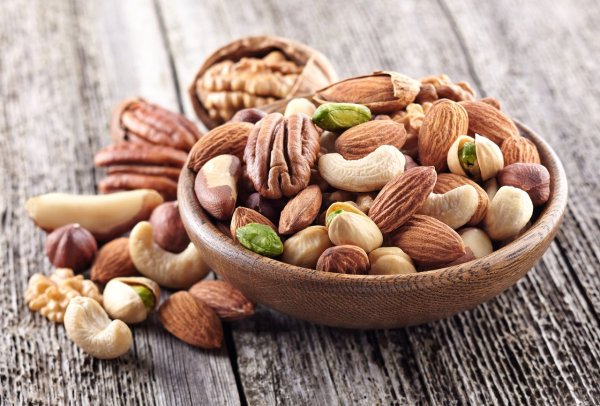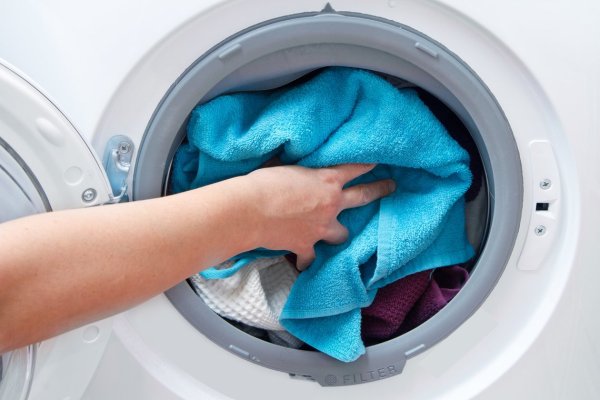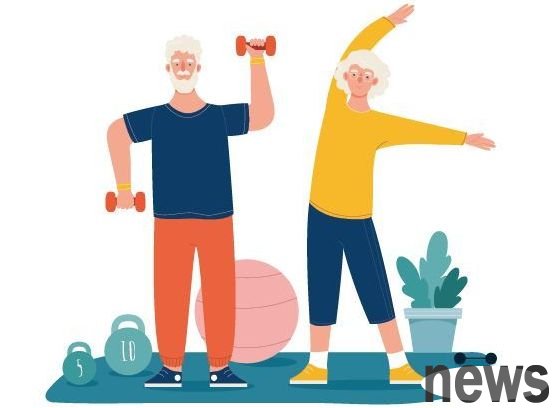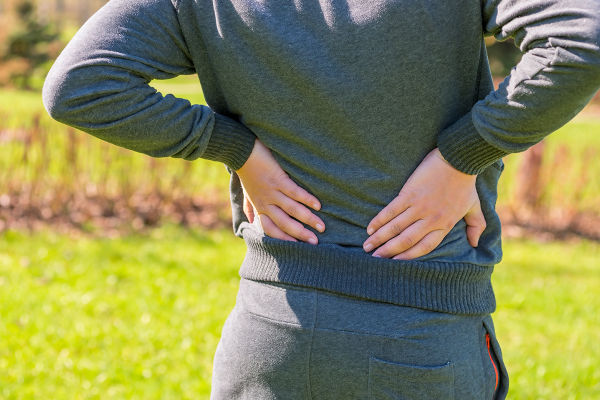Research indicates that low-salt diet is harmful to health? The professor criticized the experiment without any seriousness: "To kill people"
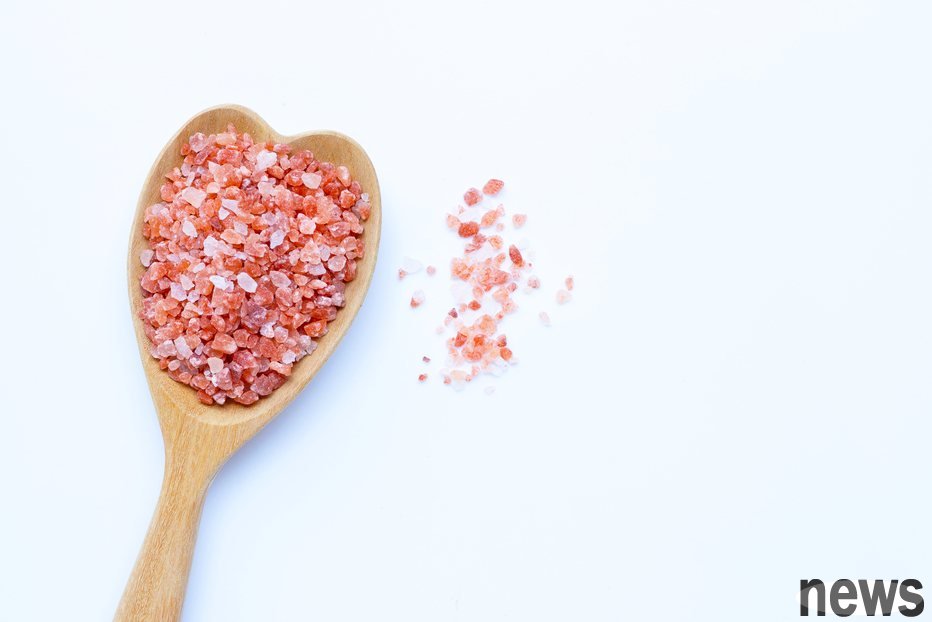
I posted a low-salt diet on July 3, 2025, which caused hypertension? "Have a Medical Relief" actually has no support. The next day reader a29375943 sent two articles in the response column, both of which believed that low-salt diet was harmful to health. The article published on
2023-3-14 is Sodium restriction and insulin resistance: A review of 23 clinical trials.
The first author of this article is James DiNicolantonio. Regarding this person’s “Damnological Discussion on Low Salt Diet”, I posted on 2019-3-14 to eat more salt, and the iYA Nutrition Team has already discussed it. I said this: "Okay, now we are here to read the article by Dayuan." Its title is: Is a low-salt diet really good? Expert: "Salt shortage" is even more dangerous. The &ldquo "expert" mentioned here is called James DiNicolantonio. In 2017, he published a book called The Salt Fix, encouraging him to eat more salt. As soon as this book was released, it immediately attracted the sound of slaughter. For example, Professor Louis Levy, chairman of the Public Affairs Department of the UK, said: This book that advocates high-salt diets is jeopardizing the health of many people and destroying international public certifications. Our collaboration with the food industry has reduced British salt intake by 11%. This is a global classic. (Please see A danger to public health). 』
The second article sent by readers was Compared With Usual Sodium Intake, Low- and Excessive-Sodium Diets Are Associated With Increased Mortality: A Meta-Analysis (compared with the usual calcination intake, both low calcination and excessive calcination diet are related to increased mortality: a calcination analysis).
The publication of this article also brings out a series of criticism. For example, the Time To Relax The Sodium Guidelines? Some Docs Say Not So Fast published by the National Public Radio Station on April 3, 2014 (Is it time to put in the wide-calf intake guide? Some doctors say don't make a statement too early).
This article quotes Lawrence Appel, director of the Center for Epidemic and Clinical Research at Johns Hopkins University, as saying, "There is no reliable evidence that low calcification intake (within the recommended range) is harmful. This paper deviates from the major public health problem: blood pressure control — — the world's largest preventable cause of death. A recent long-term study has found a direct relationship between calcification intake and cardiovascular disease."
Lawrence "A recent long-term study" mentioned by Professor Appel is a paper jointly published by Harvard University and Johns Hopkins University on March 4, 2014. Lower levels of sodium intake and reduced cardiovascular risk (reducing carcinoma intake and reducing cardiovascular risk).
The paper opens its head in the abstract and says: "Recent research raises the possibility that low calcines (especially below 2300 mg/day) have adverse effects on cardiovascular disease; however, these contradictory findings may be caused by the inadequately ideal or reverse causal relationship of the calcines."
The conclusion of this paper in the abstract is: "This clinical study overcomes the problem of previous research methods, and the result is that calcines are reduced to 1500 to 2300 per day Mg is beneficial for overall health and is in line with current dietary guidelines. "The problem with previous research methods" in this conclusion is that (1) the measurement method of the calcines is not as ideal as it is, and (2) the reverse causal relationship. There are a lot of discussions about these two questions, so I will only mention two articles each for everyone to read.
About "The measurement method of calcines is not as ideal":
2017-9-5: Use of a Single Baseline Versus Multiyear 24-Hour Urine Collection for Estimation of Long-Term Sodium Intake and Associated Cardiovascular and Renal Risk. Important: In clinical practice, the individual calcification capacity cannot be estimated based on a single 24-hour urine collection, because the 24-hour urine excretion may be significantly different from the actual long-term calcification capacity. A single 24-hour urine collection helps estimate the average calcification of the population, but multiple 24-hour urine collections are required to reliably estimate the relevant cardiovascular and kidney risks..
2020-9-10: Further evidence that methods based on spot urine samples should not be used to examine sodium‐disease relations from the Science of Salt: A regularly updated systematic review of salt and health outcomes (more evidence shows that urine sample-based methods should not be used in "Science of Salt: Systematic Review of Regularly Updated Salt and Health Results". Important: The estimation of calcined calcines based on urine samples is inaccurate, and this method changes the calcines' lineage with mortality.
About "Reverse Causality Relationship":
2016-10-11: Sodium Intake and All-Cause Mortality over 20 Years in the Trials of Hypertension Prevention. Important: Another problem that may lead to bias in effectiveness estimates is the possibility of reverse causal relationships. Some studies have included participants who had previously suffered from cardiovascular or other diseases, including diabetes. These people may be suggested to limit calculating intake, or reduce calorie intake, thereby reducing calculating intake related to their potential disease, resulting in a significant increase in risk for low calculating populations. As there is a well-known relationship between the calculus and the blood pressure, the same is true for patients with hypertension.
2020-8-29: No U‐turn on sodium reduction (reduction policy will not fall). Important: Many observational studies reporting J- or U-related relationships also include people with cardiovascular disease, kidney disease, and diabetes. As the disease may cause the participants to change their diet, the more ill participants usually have a lower intake and are more likely to die during the tracking period (reverse causality). A similar J-related relationship caused by reverse causality is the seemingly existing but not causal relationship between hypotension and increased mortality. This is due to a decrease in blood pressure in patients with poor health, not causal relationships. .
From these 4 articles, it can be seen that all studies that believe that low salt diet is harmful to health are based on unscrupulous experimental methods. However, some people deliberately quoted this kind of flawed research to advocate "the harmful theory of low salt diet."
The World Health Organization published Massive efforts needed to reduce salt intake and protect lives on 2023-3-9. One of the sentences is "Implementing a reduction policy predicts that by 2030, it can save about 7 million lives worldwide."
7 million lives! That's why I would say "low salt diet is harmful" is "to kill people."
Original text: Is low salt diet harmful to health? Responsibility edited by Gu Zihuan

